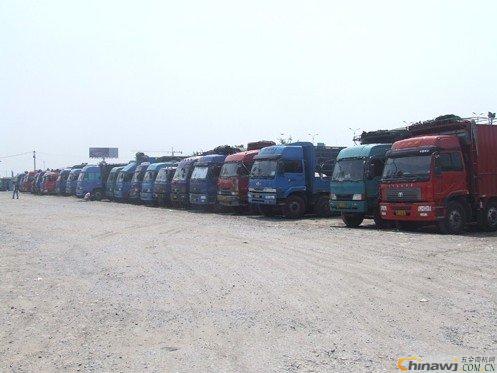Recently, several human cases of H7N9 avian influenza have been reported in different provinces across China, with the virus also detected in chickens and pigeons at a live poultry market in Shanghai. In response to this situation, the Ministry of Agriculture has prioritized the prevention and control of H7N9 as an urgent task, mobilizing all available resources and taking swift action. Minister Han Changfu chaired a special meeting to address the issue, emphasizing the need for immediate attention, thorough investigation, and decisive measures. All relevant departments have now entered emergency mode, working rapidly to implement comprehensive prevention and control strategies. The Ministry is conducting extensive investigations into poultry outbreaks and monitoring for the virus, aiming to identify and eliminate potential risks quickly. Information transparency remains a key priority, with timely updates on test results and effective actions taken to safeguard the poultry industry's health and stability. Yu Kangzhen, the Chief Veterinarian of the country, outlined several key steps being taken by the Ministry to manage the outbreak. First, collaboration with the health department has been strengthened, including improved communication and enhanced monitoring of animal infections in areas where human cases have occurred. Second, specialized teams were dispatched to key provinces like Shanghai, Jiangsu, Anhui, and Zhejiang to support local authorities in monitoring and investigating the spread of the virus. Over 11,000 samples have been collected so far from live poultry markets, farms, and wild birds, with testing still ongoing. Third, the Ministry has upgraded its prevention and control protocols, temporarily classifying H7N9 in animals as a Category I disease, requiring strict measures to contain the virus. On April 7, two key documents were released: the "Animal H7N9 Avian Influenza Emergency Monitoring Program" and the "Animal H7N9 Avian Influenza Emergency Disposal Guide (Trial)" to guide scientific efforts. Fourth, expert meetings have been held to assess the situation and forecast future trends. Fifth, information is being shared openly and promptly, including the detection of positive cases in Shanghai’s live poultry markets. Sixth, international cooperation has been emphasized, with regular updates provided to global organizations and countries. Lastly, the Ministry is working to stabilize the poultry industry, monitor price fluctuations, and support farmers through standardized production practices. Experts note that the H7N9 virus isolated from poultry and pigeons is highly similar to the one found in humans, though its origin and transmission routes remain unclear. It appears to be less pathogenic in birds but can infect pigs. The virus is most commonly found in live markets, not in farms, and while currently concentrated in Shanghai, it could spread more widely. The Ministry has established a leadership group to coordinate the response, ensuring rapid implementation of all necessary measures. This includes enhanced monitoring, transparent reporting of test results, increased international collaboration, and efforts to stabilize the poultry sector. Daily market reports are being issued, and technical guidance is being provided to promote safe and sustainable farming practices. Public education is also being conducted to rebuild consumer confidence and ensure the long-term health of the industry.

LED Dial Spotlight 3CCT,LED Plastic Dial Spotlight 3CCT,LED Spotlight 3CCT,LED Plastic Spotlight 3CCT
Foshan Extrlux Co., Ltd. , https://www.extrlux.com